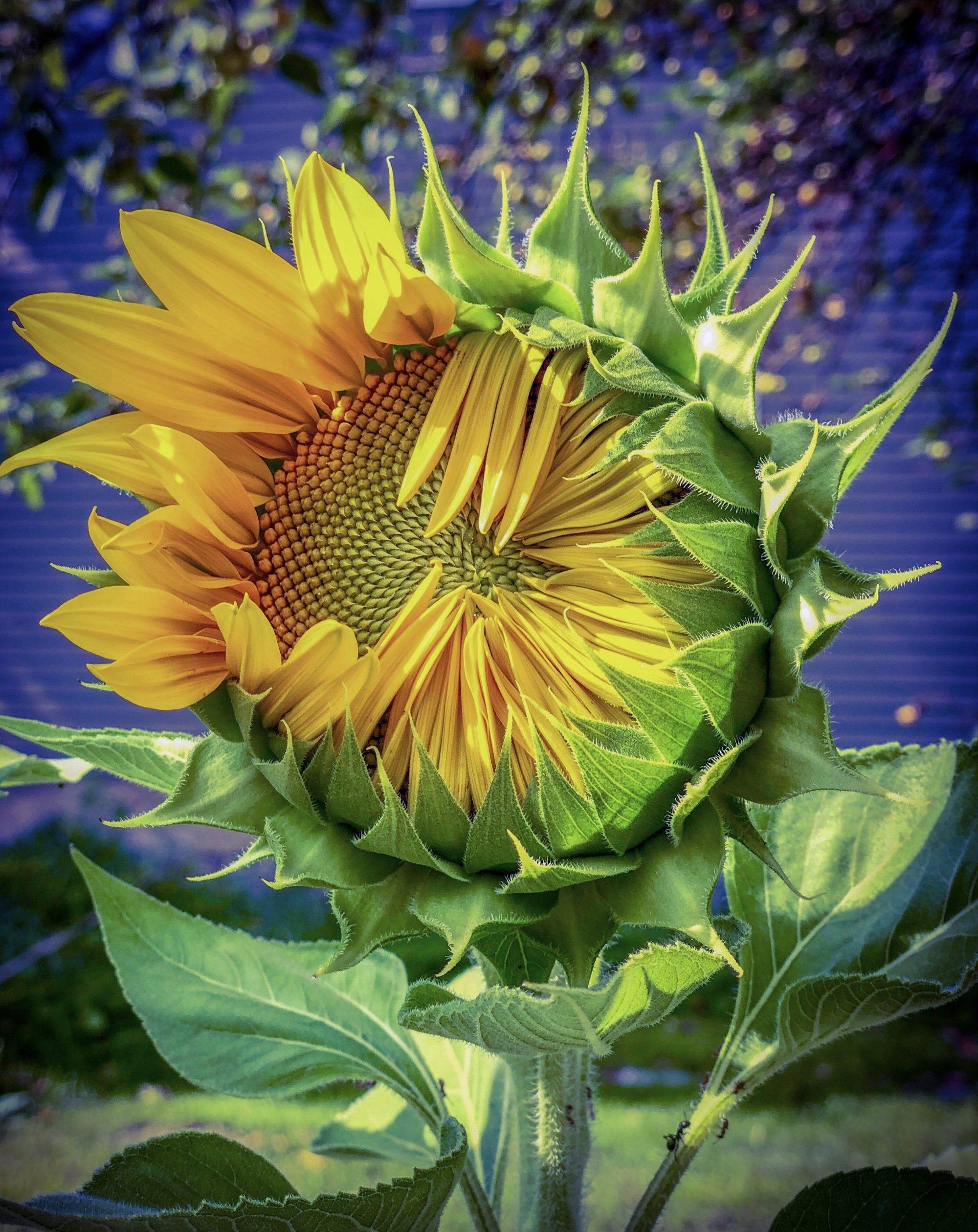“A word after a word is power.” — Margaret Atwood
Last Sunday, I completed a proposal, after a marathon of writing and editing.
I began my last editing go-around about 7 a.m., and apart from a couple of small mindless meals, a bath, a meditation, and then a brief nap in the early evening, these to clear my mind, in service to the proposal, I worked until about 11 p.m.
I don’t remember living that day. I remember only sentence fragments running through my head, the cursor’s movements, and the endless revising until an idea was clear and well phrased.
This was just the last day, the last sixteen hours to get it in. The days and weeks spent before, I haven’t a clue how many weeks I invested.
Here’s what I find amusing: I am certain this proposal won’t land a deal.
I am not undermining my work. There were moments of stunning writing, and I reached an important goal: I am proud of this submission, gave it everything I had, and a little more. I found themes, made connections, and the contours of something larger than I imagined emerged. Creatively, I hit good notes, and I’ve catapulted myself into a better space, more confident, more focused, clearer about where I am going and what I need to do next.
Artistically, there were images, word choices, sentences that flew off the page from imagination’s ether in the way that writer’s hope to get, every so often.
But for its many strengths, I don’t believe this publisher will buy it. Wrong story, wrong publisher. I’m okay with that; I don’t want to bend my words into something not true.
I’m happy with whatever happens, and I don’t take that state of grace for granted.
I submitted the proposal electronically a little before midnight. My mind and body fatigued by the work, and the feeling of failure, no matter how good a sentence or two may look after the fact, was overwhelming: when your audience isn’t present, the vacuum of uncertainty opens wide. No applause. No encore. Just silence. And you can love your darlings, briefly think them the most glorious creatures ever born, but the little darlings are more work than anyone can possibly imagine. There’s an inevitable failure fatigue that comes after weeks of work, hundreds of gutted pages, and then the sixteen hour marathon, knowing that this isn’t the one, but you learned what you needed to.
There was something else I learned in the past weeks, or felt deeply for the first time: the writer’s vocation is nothing more than the most sacred sanctuary of their life. It’s requirements are no less than those of marriage, parenthood, or priest: and like any of these relationships, to spouse, children, “God,” there are moments of indescribable joy and satisfaction, and moments of sheer emptiness and frustration.
But the commitment is worth it, for until the heart finds a thing that it loves more than itself, a place that banishes the ego’s pettiness and myopia, the heart will never soar as it was born to.
It is the quest of finding our deepest human self, and running with it until there’s no more. Whatever that thing is, whatever it is that wants to make us die empty, and leave something in and for the world that says, “I was here.” Running, writing, music, painting, teaching, gardening, whatever that thing that makes us loose sixteen hours effortlessly, while working ferociously.
So J. K. Rowling’s words struck me differently after Sunday, having just completed a fresh marathon of writing. I’ve done writing marathons before, but this one was new, involved several layers of creative engagement, and comes with a renewed relationship to my craft. Sixteen hours of nothing but words on a page, and not even realizing that it was sixteen hours, lost as I was in the words, sentences, paragraphs, story.
Readers rarely understand what writers do, the commitment to sitting only with one’s self behind the screen, or with a paper and pen. It’s one thing to parent, it’s another to parent well. It’s one thing to marry, it’s another to share life and love and laughter well, for a very long time. It’s one thing to receive ordination, it’s another to serve well and selflessly.
It’s one thing to write, it’s another to aspire to write well, with everything in you, and create something from the heart and mind, a landscape of unknown design whose revelation comes one word at a time.
“They really don’t understand what we do.”
No, they don’t.
